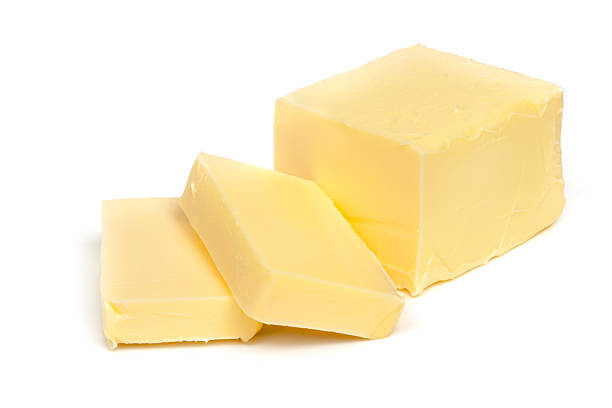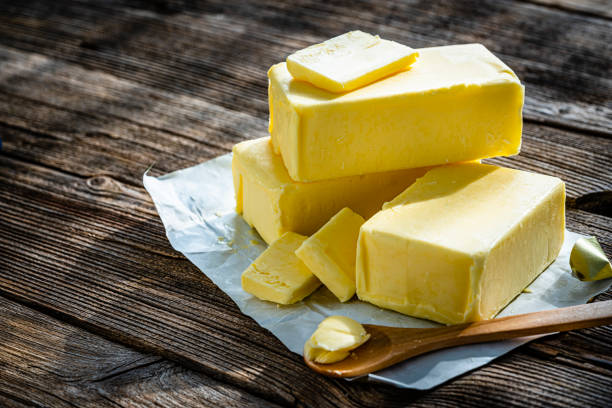Butter is a staple ingredient in many kitchens around the world, used for cooking, baking, and as a spread on bread or crackers. One of the most important things to consider when using butter is the number of calories it contains. In this article, we will take a closer look at how many calories are in butter and what that means for your dietary needs.
First, it’s important to understand what calories are. A calorie is a unit of measurement that is used to describe the amount of energy that is present in food. The body uses this energy to carry out daily activities, such as walking, talking, and even sleeping. When the body takes in more calories than it burns, it can result in weight gain.
Now, let’s take a look at how many calories are in butter. The number of calories in butter can vary depending on the brand and the type of butter. However, on average, one tablespoon of butter contains around 100 calories. This means that if you were to spread a tablespoon of butter on your toast for breakfast, you would be consuming 100 calories.
It’s important to note that butter is also high in fat. In fact, one tablespoon of butter contains around 11 grams of fat. The majority of the calories in butter come from the fat content. This can be a concern for those who are trying to watch their fat intake.
Butter also contains a small amount of protein and carbohydrates. One tablespoon of butter contains around 0.1 gram of protein and 0.1 gram of carbohydrates.
It’s worth noting that there are alternative spreads and butter-like products that can be used as a butter substitute, such as margarine or butter-like spreads made from vegetable oils. These products typically have fewer calories and less fat than butter.
So, how can the calorie content of butter fit into a healthy diet? It all depends on the context of your diet and your overall health. If you are trying to lose weight, it’s a good idea to limit your intake of high-calorie foods like butter.
Butter is high in saturated fat, which has been linked to an increased risk of heart disease. In fact, the American Heart Association recommends limiting saturated fat intake to no more than 7% of daily calories. One tablespoon of butter contains 7 grams of saturated fat, which is 35% of the recommended daily intake for a 2,000 calorie diet.
Despite its high calorie and saturated fat content, butter is a good source of vitamin A. One tablespoon of butter contains 10% of the recommended daily intake for vitamin A. Vitamin A is important for maintaining healthy skin, eyes, and immune system.
Butter is also a source of cholesterol, with 31mg per tablespoon. High cholesterol levels in the blood can increase the risk of heart disease.
While butter can be enjoyed in moderation as part of a healthy diet, it is important to be aware of the calorie and saturated fat content. Instead of using butter as a spread on bread or as a cooking oil, consider using healthier alternatives such as olive oil or avocado oil. When baking, try using yogurt or mashed bananas as a butter substitute.

On the other hand, if you are trying to gain weight or maintain your current weight, butter can be a good source of energy. It’s important to remember that butter should be consumed in moderation and in combination with a balanced diet that includes plenty of fruits, vegetables, and whole grains.
In conclusion, butter is a delicious ingredient that can add flavor and texture to many dishes. However, it’s important to be aware of the calorie and fat content of butter. By understanding how many calories are in butter, you can make informed decisions about how to include it in your diet. Keep in mind that calorie needs can vary from person to person based on factors such as age, sex, and activity level, so it’s always best to consult a healthcare professional or a registered dietitian to determine your specific needs.

 Home
Home Health
Health Diet & Nutrition
Diet & Nutrition Living Well
Living Well More
More











